Have you ever considered how important your skin is to your well-being? It's not only the largest organ in your body, but also a protective barrier that protects us from external influences. At the same time, it's a reflection of our health and lifestyle.
But what can we do to keep it healthy and radiant for as long as possible? In this article, you'll learn everything about the functions of the skin, the natural aging process, and sensible skincare routines.
The most important things in brief
The skin protects the body from external influences, and a simple routine of cleansing, moisturizing, and sun protection is crucial for its health.
Aging is accelerated by genetic predisposition and external factors such as UV radiation, smoking and poor diet.
Antioxidants and collagen supplements can improve skin elasticity and help prevent premature aging.
What function does our skin have?
Your skin is much more than just a covering. It protects you from the sun, cold, injuries, and pathogens. Without it, your body would be defenseless against external influences.
But it has many other important tasks:
- Regulation of body temperature
- Storage of fat and water
- Sensation of pressure, touch and pain
- Signal transmission to the brain (e.g. the quick withdrawal of the has when the water is too hot)
The skin is divided into three layers:
- The epidermis
- The dermis
- The subcutaneous tissue (subcutis)
Each of these layers has its own function. The epidermis forms the outer barrier, the dermis provides elasticity and strength, while the subcutaneous tissue stores heat and serves as an energy source [1,2].

What happens when skin ages?
Skin aging is an inevitable process that affects all of us. Over time, the skin loses elasticity because collagen and elastic fibers decrease. This causes wrinkles and the skin appears less plump. Pigment spots, such as age spots, can also form due to increased activity of melanocytes. Melanocytes are skin cells that produce the pigment melanin, which determines skin color and protects against UV radiation. These signs become particularly noticeable if you have been exposed to the sun frequently and for long periods of time over the course of your life [3]. But skin aging is not only influenced by external factors – it is also genetically determined [4]. When and to what extent this process begins varies from person to person.

Discover FemBe Biotin, Zinc & Carotenoid Capsules – Be4 Skin+Nail Formula : Your daily companion for radiant skin and strong nails. With high-quality lutein, zeaxanthin, and lycopene, combined with biotin and bioavailable zinc bisglycinate, this product effectively supports your natural beauty from within. No unnecessary additives, but with a noticeable difference. Perfect for those who value natural skincare!
👉 Discover now and give your glow a boost!
How does premature skin aging occur?
In addition to genetic factors that determine how quickly our skin ages, there are also external influences that can accelerate this process. The sun is our skin's worst enemy. UV rays penetrate deep into the skin, damaging cells and increasing the risk of skin cancer. Smoking, poor sleep, alcohol, and an unhealthy diet also contribute to skin aging. Cigarettes, in particular, destroy collagen in the skin, leading to wrinkles and sagging skin [5].

Did you know?
Your skin sheds up to four kilograms of dead skin cells annually. A large portion of the dust in your home actually consists of dead skin cells!
What can you do against premature skin aging?
The best way to prevent premature skin aging is sun protection. Use a sunscreen with an appropriate SPF every day—even on cloudy days or in winter. A common myth is that sunscreen prevents tanning. This isn't true! Sunscreen extends the time you can enjoy the sun without damaging your skin [6].
The right skin care
Many people believe they need tons of skincare products to have healthy, radiant skin. The truth is: less is often more.
In fact, it's enough to use a simple skincare routine with a few effective products. You should thoroughly cleanse your skin morning and night to remove dirt, dead skin cells, and excess sebum.
A good moisturizer will provide your skin with the care it needs, although lighter products are preferable for oily skin.
Many anti-aging creams claim to contain collagen and hyaluronic acid, but according to scientific studies, they have little effect on the depth of wrinkles. They offer no long-term effect on wrinkles or other signs of aging [7,8,9].
It's much more important to focus on the basics: cleansing, moisturizing and sun protection!

Skin care from within: nutrition for radiant skin
Healthy skin starts from within – what you eat has a direct impact on your skin's health . A balanced diet provides the skin with important nutrients that can help counteract premature aging and improve your complexion.
Important nutrients for skin health
-
Antioxidants:
Carotenoids such as beta-carotene (in carrots) and lycopene (in tomatoes) protect the skin from oxidative damage caused by free radicals.
- These nutrients can reduce the risk of sunburn and support the regeneration of skin cells.
-
Zinc:
- Zinc is essential for skin health and, according to studies, can relieve skin problems such as atopic dermatitis.
- It contributes to wound healing and supports the skin barrier.
-
Collagen:
- While collagen creams are often ineffective due to their molecular size, taking collagen supplements shows positive effects.
- Studies show that collagen can improve skin elasticity and firmness – a valuable building block against skin aging.
How nutrition supports skin aging
A diet rich in antioxidants, vitamins, and minerals helps reduce oxidative stress . At the same time, it strengthens the skin barrier and slows the aging process.
💡 Tip: Supplement your diet with high-quality nutritional supplements to provide optimal support for your body. Products like collagen supplements from Cellavent Healthcare are specifically designed to promote skin health from within.


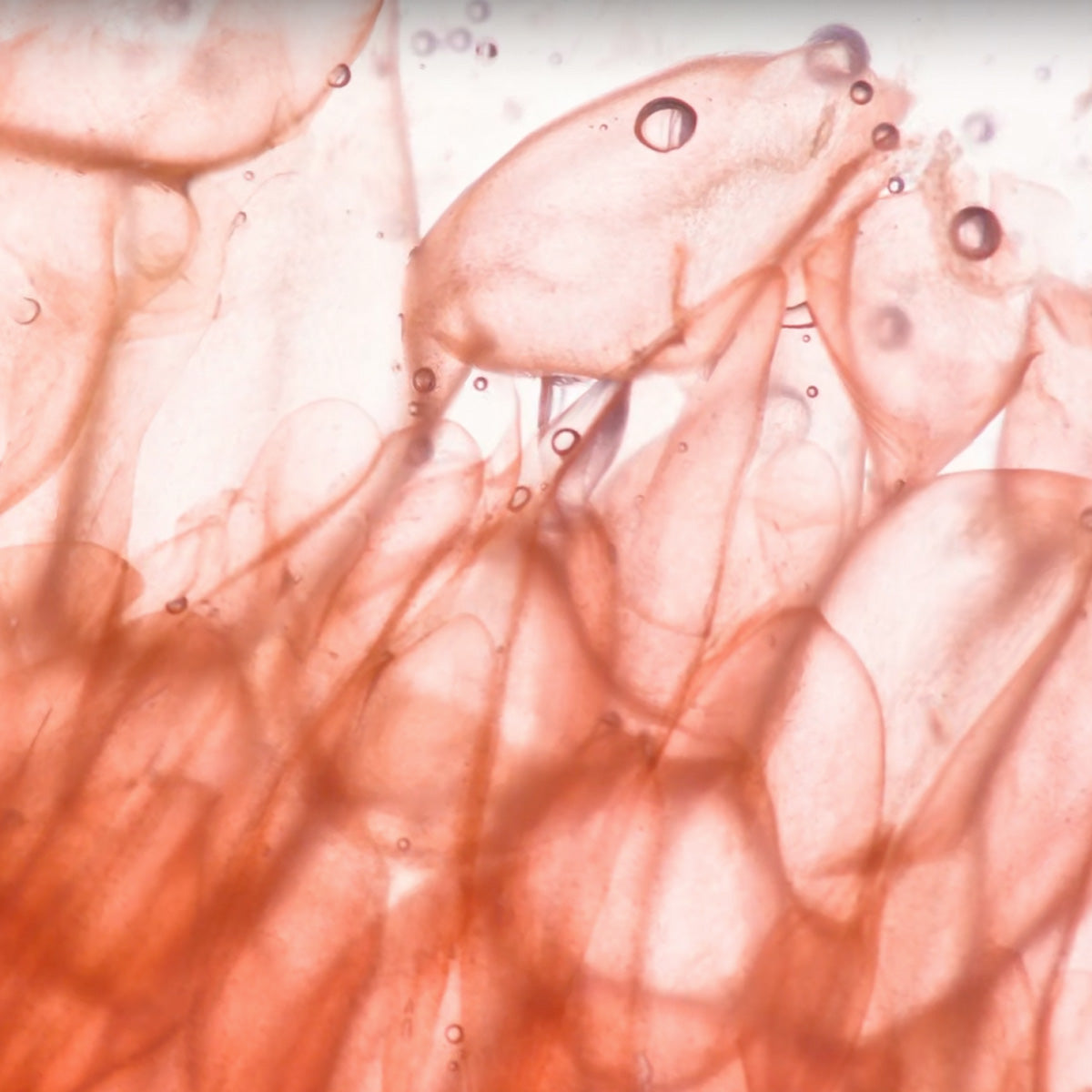
![Zinc Capsules [Zinc Bisglycinate]](http://cellavent.de/cdn/shop/files/CH_essentials-zink-kapseln-Produktbilder_2025.png?v=1760952204&width=104)
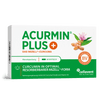
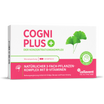
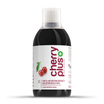
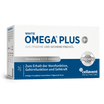
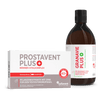
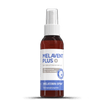
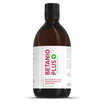
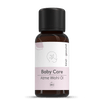
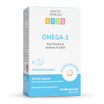
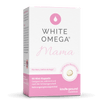
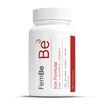
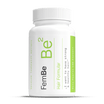
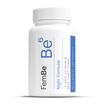
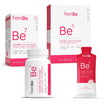
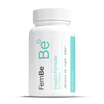



Leave a comment
This site is protected by hCaptcha and the hCaptcha Privacy Policy and Terms of Service apply.